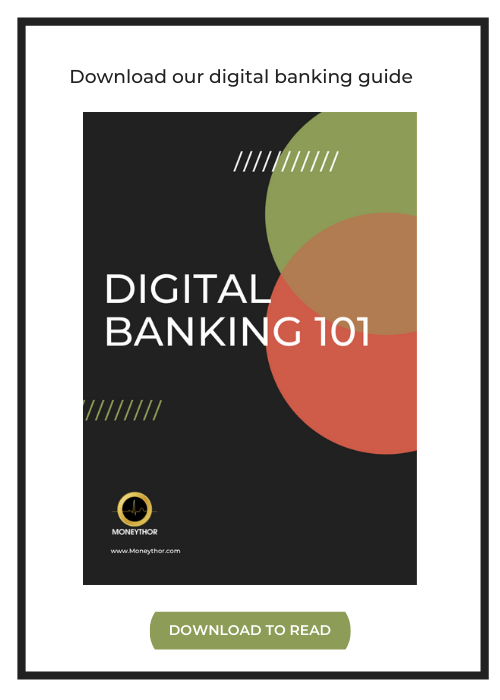1.7 billion people across the globe are unbanked. This means they do not have access to a bank account, lending facilities or savings options. Most of these people live in low- or middle-income emerging markets, that are growing fast and offer lucrative opportunities to banks from developed economies.
While mature markets are crowded, banks in emerging markets can create new demand and increase banking revenue. Larger market size creates opportunities for banks to spread the cost of innovation further and across larger customer bases. In these big-scale markets, technology utilisation is higher, generally leading to stronger return on investments. In a time when banks are struggling to cut costs and increase profit, unbanked populations can create fresh revenue streams and drive profits.
For consumers, having access to banking services allows them to carry out simple financial tasks like saving for family needs or borrowing for their business. Having access to financial services is critical to reducing both poverty and inequality in these markets.
Tapping into these emerging markets has big potential for banks that are struggling to see growth in domestic markets. Unbanked populations reside across all geographies, including developed countries but their numbers are more pronounced in emerging or developing economies.
Indonesia, for example, is the largest economy in Southeast Asia, the 16th largest in the world and has an unbanked population of 180 million people. Half of the unbanked are under the age of thirty and are open to digital banking products. Banks at the forefront of serving this market are well-positioned to reap major economic value.
But to effectively serve a market like Indonesia, banks need to rethink the way they serve customers. Unbanked populations need easier access to financial services forcing banks to look at alternative distribution models. In Indonesia, one of the prevailing reasons for a lack of banking adoption comes down to the geographical make-up of the country and the tricky logistics involved. Indonesia is made up of over 17,000 islands, of which around 6,000 are inhabited. People are not willing to travel to a neighbouring island to carry out their financial activities which means that banks need to come to them. The good news is that 70% of Indonesians have a mobile phone, 42% of which are smartphones. Mobile technology is the obvious solution to Indonesia’s underbanked population, helping to overcome the logistical issue associated with having a physical presence on every island. However, even with mobile technology available, setting up in a market like Indonesia comes with a number of challenges that banks need to overcome.
What are the challenges banks face in emerging markets?
- Lack of infrastructure
- Connectivity issues
- Identification difficulties
- Limited financial literacy
- Lack of infrastructure
These emerging markets tend to lack the infrastructure required to introduce traditional and/or modern banking solutions. Banking technology alone will not solve problems at this scale. Robust ecosystems are required that involve partnerships between banks, telcos, governments and payment providers. These partnerships will need to deal with problems such as internet connectivity, merchant payments, financial literacy and identity issues.
- Connectivity issues
In order to get more people into the financial system, the industry must find a way to help more people get access to the internet. Internet access can empower people to overcome financial limitations, but without it these markets become unreachable. And while more and more people are being raised with internet access, banks must consider the role they need to play in helping those who do not have access, get online.
- Identification difficulties
A crucial step in setting up a bank account and accessing financial systems is the confirming of identity and KYC. While identification documents are standard in developed countries, the same cannot always be said for emerging markets. Without proof of identity, opening bank accounts becomes a difficult, nearly impossible task. The same goes for credit history which is required as part of the lending approval process. Technology is emerging that aims to solve these issues such as digital lockers that store citizens identification documents and lending platforms that use algorithms to determine the safety of a loan by considering a range of different factors, not just historical credit history. Financial Institutions will have to find innovative ways to conduct KYC and identifying customers in these markets.
- Limited financial literacy
Providing these markets with financial products and services is just one part of the puzzle. Banks need to educate consumers on how to effectively use and integrate financial services into their lives, which can only be done through financial education. These markets need access to simple financial education materials which will enable them to manage their finances correctly.
Serving these unbanked populations has many advantages for both consumers and banks. However, banks will need to overcome a number of challenging issues to effectively serve these markets and reap the benefits of serving them.
Blog post updated August 2020


